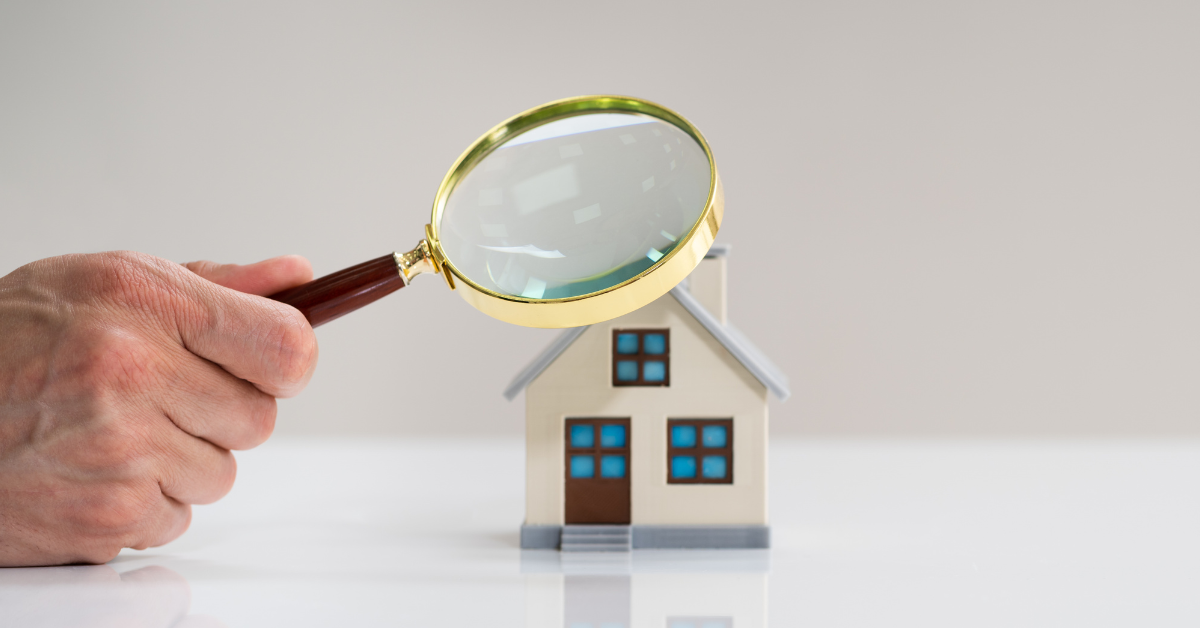When purchasing a home, important considerations are always included in the process – ranging from finding the perfect neighborhood to even smaller details, such as the number of bedrooms. A real estate transaction is one of the largest purchases you will make in your lifetime, and you should always do all of the required inspections. Testing for radon gas is one of the most important inspections that you can do. A radon test inspection in New Jersey is critical because it can protect your family’s health.
Radon tests help detect if a dangerous, radioactive, potentially cancer-causing gas is present in a home or property. Radon stems from naturally occurring materials such as soil, rocks and even water. Radon permeates from the ground, and outdoors, it is diluted by fresh air. However, radon that comes out of the ground and into a building or structure becomes trapped and then can elevate to high, unacceptable levels. As its presence is undetectable due to its odorless nature, getting a radon test inspection should be at the top of any homebuyers to do list.
However, homebuyers should be aware of a recent change in regulations regarding the validity of these tests. Recently, new regulations were released pertaining to radon tests in the State of New Jersey. In late 2022, the new regulations outlined that New Jersey real estate transactions that include radon tests must have:
- Property/building occupants agree to keep conditions (doors, windows, and other entryways) closed for a minimum of 12 hours and maximum of 144 hours.
- Property/building occupants be served with a non-interference agreement. The regulations require that an attempt be made to have the property/building occupant certify that they shall maintain closed conditions 12 hours prior to testing, will not disturb the test, and that the test has been conducted under closed building conditions (exterior doors and windows shall not be opened except momentarily). Currently, the regulations require only that a certification be provided to the property/building occupant to sign. Make sure that this certification is sent by your agent to the other agent to satisfy this requirement.
- Property/building must have a duplicate test – single can tests are no longer accepted.
- If a property contains three (3) or more units, then the new regulations require certification and licensing for technicians to allow them to conduct Multifamily radon testing.
With these new regulations in mind, be sure to always consult a real estate attorney in New Jersey that will advise you on making the right decisions during your transaction. If you wish to learn more about these new regulations or have additional questions about the contents of this blog as well as any of our other services, please contact Abdou Law Offices, LLC at (732) 540-8840.




